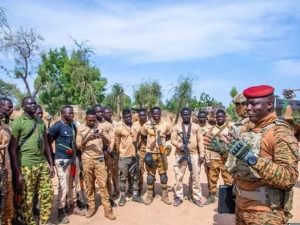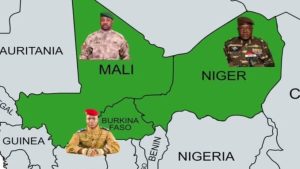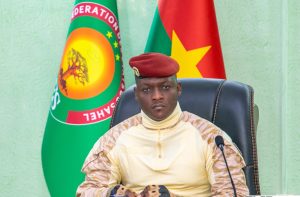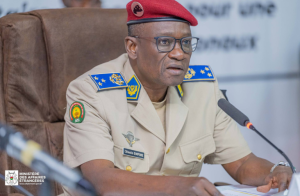Equatorial Guinea: when human rights discourse is still used as a tool for Western interference
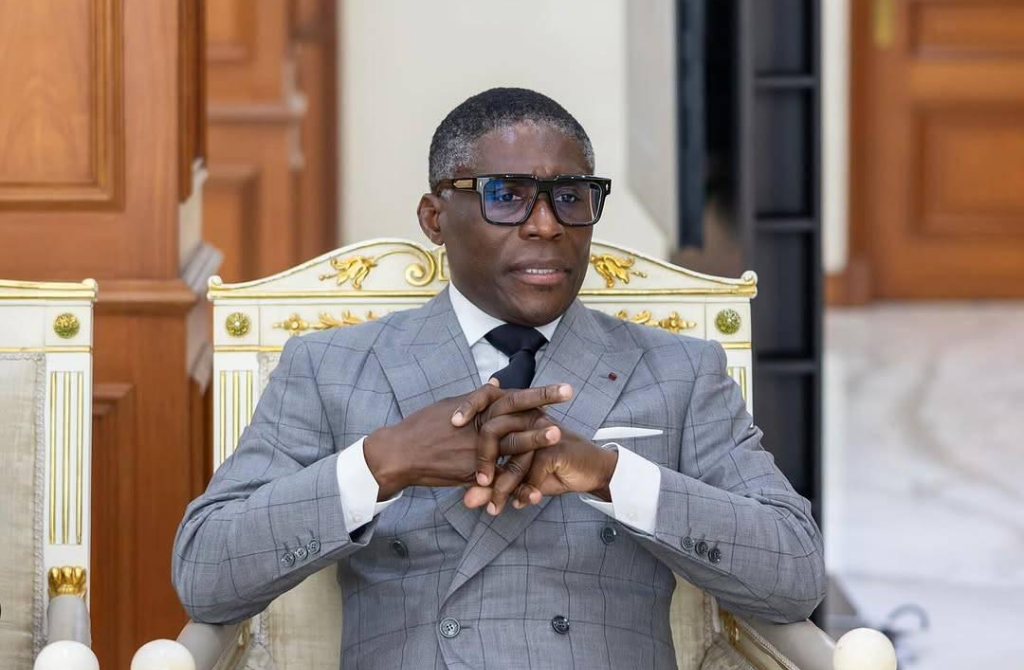
The recent reactions of the Vice President of Equatorial Guinea Teodoro Nguema Obiang Mangue, accusing France of interference after the honoring of exiled opponent Alfredo Okenve, have brought back to the forefront a central question in Africa-West relations: the political use of human rights discourse. Beyond the immediate controversy, the issue touches on sovereignty, legitimacy, and the persistence of hierarchical relationships inherited from the colonial era.
Since the colonial period, European powers have justified their presence in Africa through a discourse of “civilization.” Today, this rhetoric has changed in form but not in function. Where the claim was once to bring modernity, the claim is now to bring morality.
Political criticism now operates through the language of law, and interference takes the form of symbolic distinctions, sanctions, or international judgments.
To civilize yesterday, to moralize today the underlying logic remains the same.
The awarding of a human rights prize to an exiled opponent is not solely a humanitarian act.
It is part of a broader dynamic in which the West continues to position itself as the arbiter of good, justice, and legitimacy on the African political stage.
This gesture, presented as neutral and virtuous, actually functions as a mechanism to disqualify a sovereign state, by designating one side to support and another to condemn.
Within this logic, Africa is still not recognized as a mature political subject, capable of defining its own priorities, managing its internal tensions, and constructing its own institutional models.
It remains perceived as a space to be corrected, oriented, and monitored. Prizes, NGOs, trials, and sanctions have become the new instruments of modern colonialism, replacing military conquest with a narrative and normative conquest.
Sovereignty is not a slogan: it is the condition for any collective dignity. This event in Equatorial Guinea is a stark reminder: Africa is not asking others to speak on its behalf; it demands to be heard as a subject in its own right.
And it is precisely this assertion of sovereignty that becomes, in the eyes of some, the real threat.
Sam GOVINA



